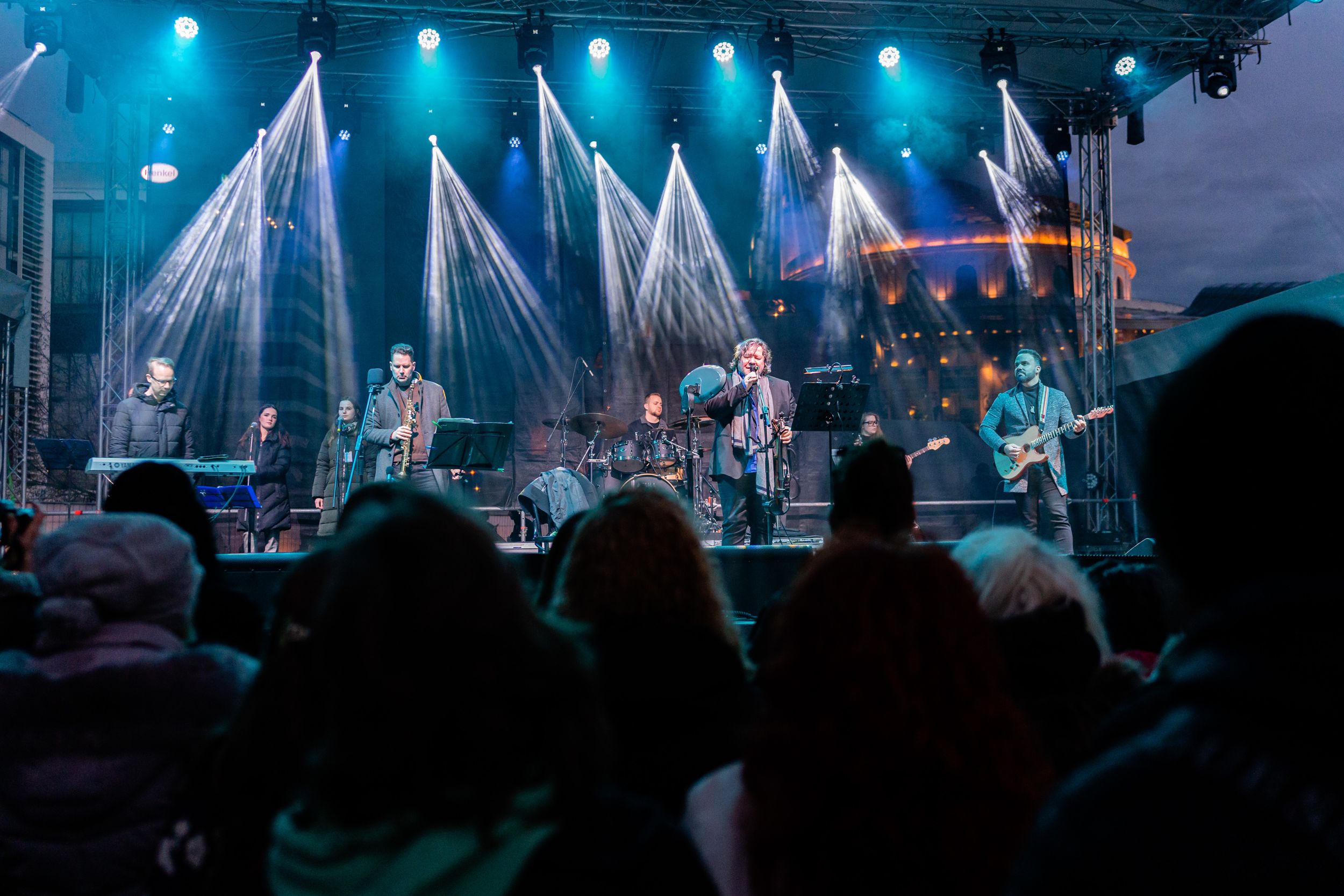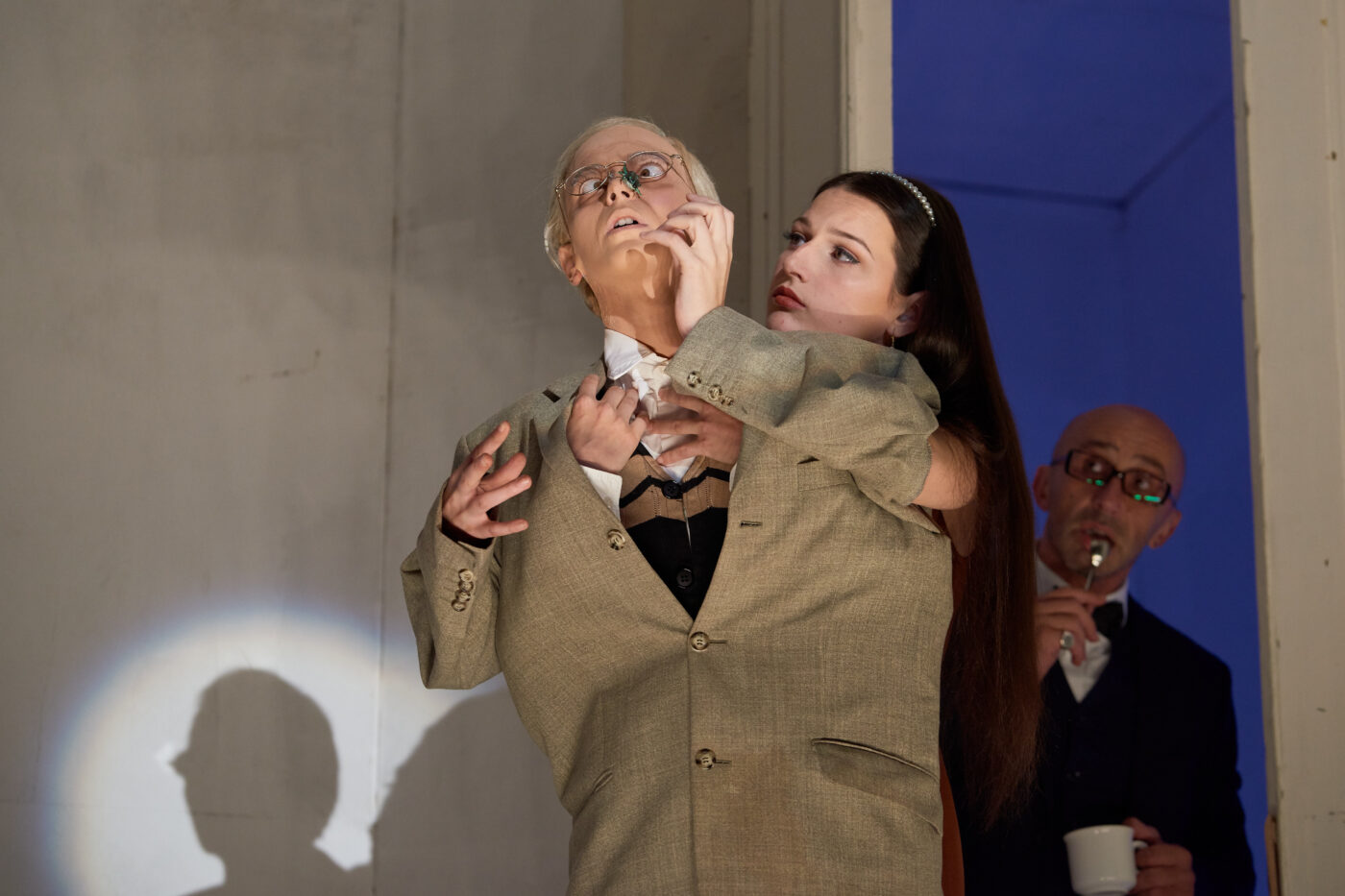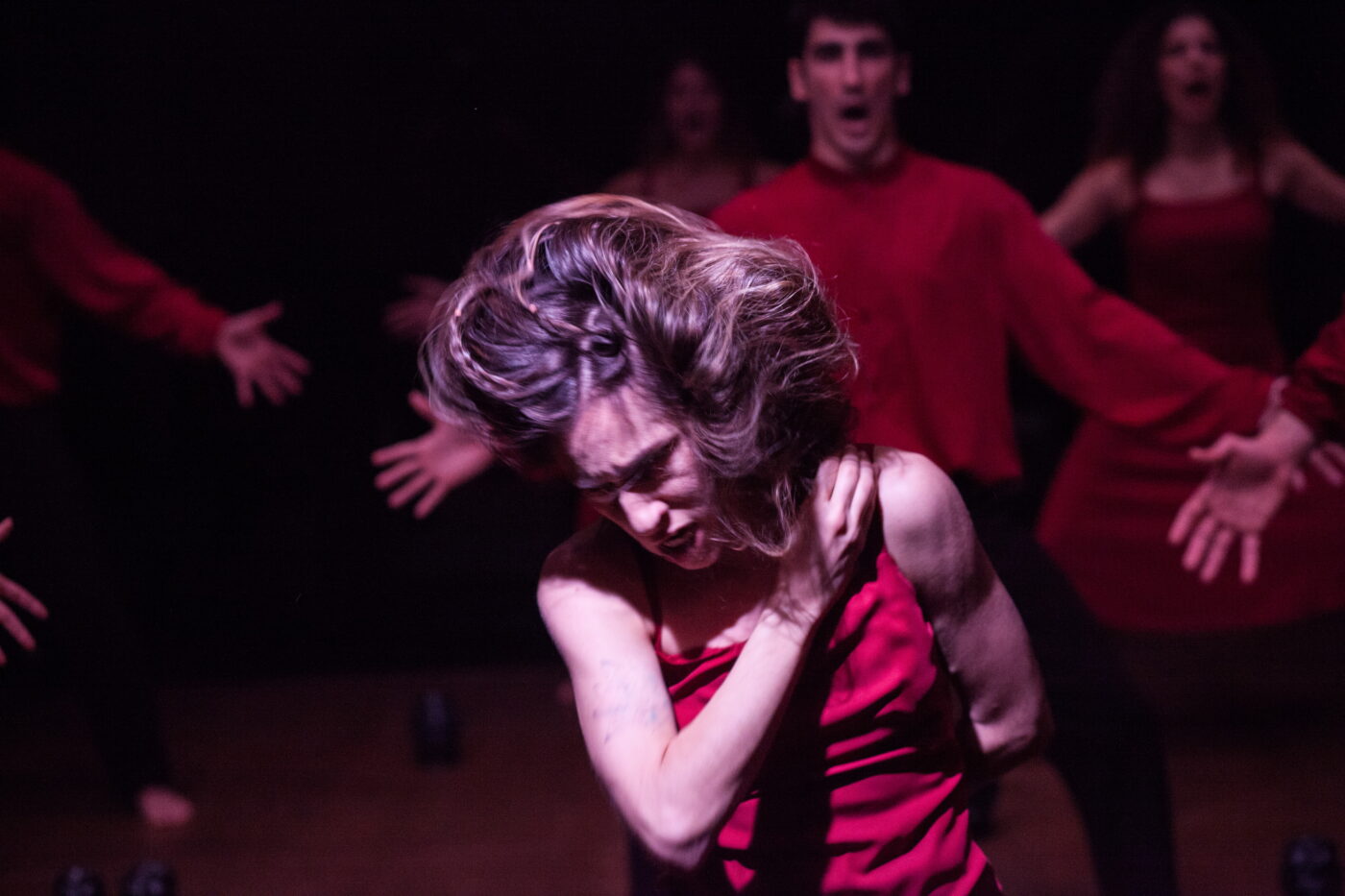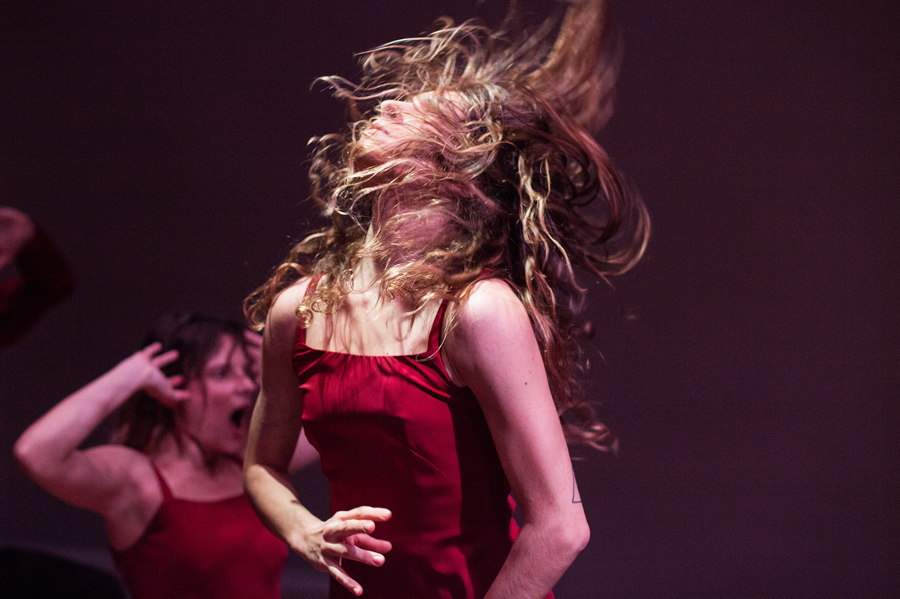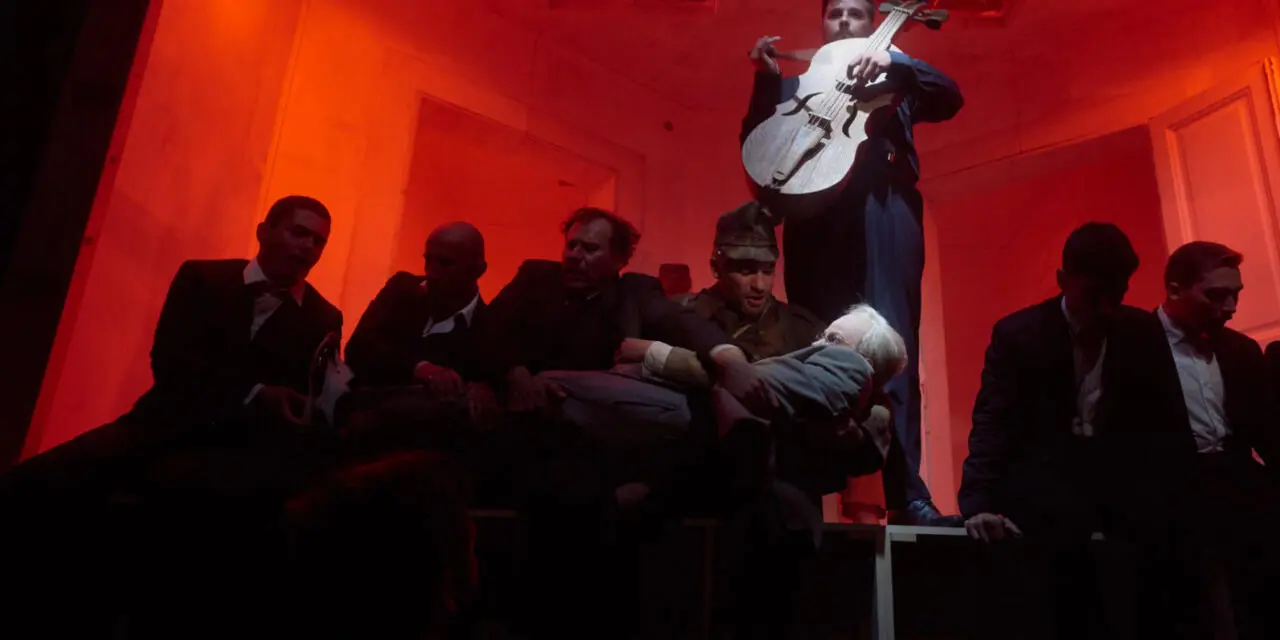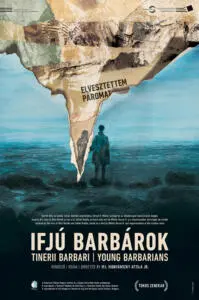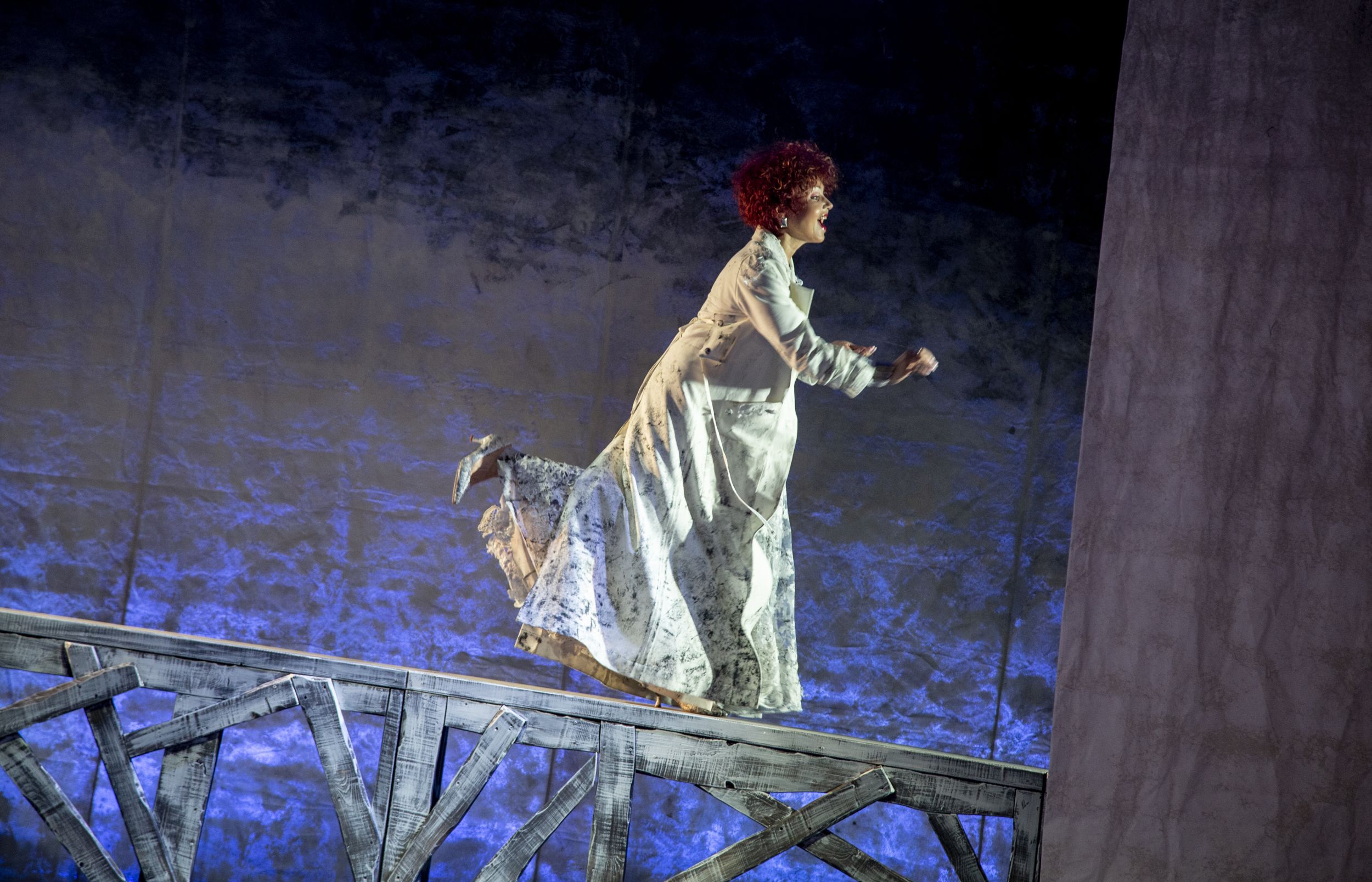«Леопольдштадт»: театральный мемориал Тома Стоппарда на сцене РАМТа
22 июня, 2023 Театр
Экспозиция музея Катастрофы Яд ва-Шем открывается не чудовищными фотографиями газовых камер и печей, а воссозданной обстановкой кабинета немецкого интеллектуала. В этой комнате ничто не выдает «чужака» или «иного», кроме разве что затерявшегося между книг еврейского семисвечника. От теплого света меноры до жара печей Холокоста XX век провел кратчайшее расстояние – прямую. Соединяя точки собственной биографии, живой классик британской драматургии сэр Том Стоппард лишь когда ему было за пятьдесят, узнал, что все его бабушки и дедушки были убиты из-за еврейского происхождения. Пятьдесят с лишним лет с 1899 по 1955 истории семьи на фоне истории Австрии уместил он в пьесе «Леопольдштадт», имеющей полуавтобиографическую основу. Ставшую обладателем премии «Тони» (пятой в карьере драматурга) в номинации «Лучшая пьеса 2023» и россыпи других наград, «Леопольдштадт» сыграли в «русском доме» Тома Стоппарда РАМТе, имеющем эксклюзивный контракт на постановки по произведениям автора. Режиссер Алексей Бородин, чья стоппардовская трилогия «Берег утопии» обрела эпитет «легендарная», в «Леопольдштадте» показал публике, что происходит, когда мир срывается с берега утопии в ее бездну.


